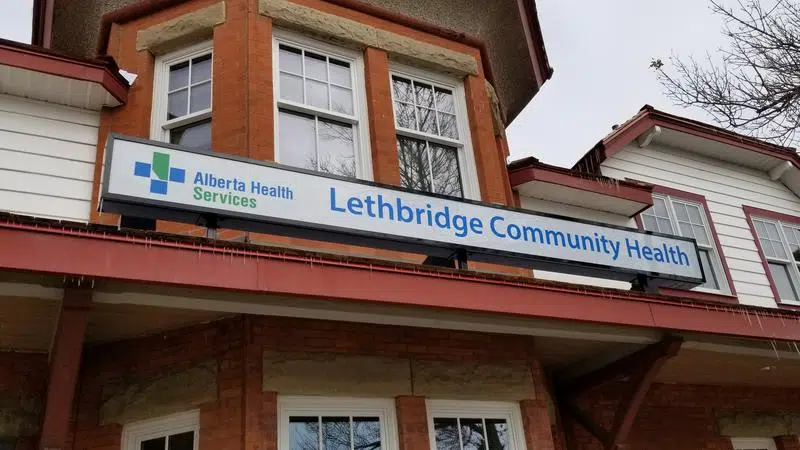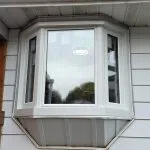
Doctor worried about whooping cough cases, but no community outbreak declared
LETHBRIDGE, AB – The lead Medical Health Officer for Alberta Health Services’ South Zone is concerned.
Doctor Vivien Suttorp said that last week, there were 11 confirmed new cases of whooping cough, known as pertussis in the medical field.
These cases were confirmed in Lethbridge, Raymond and Lethbridge County. So far this year, there have been 38 confirmed cases of whooping cough in the South Zone.
In 2018, there were only 58 over the course of 12 months.



